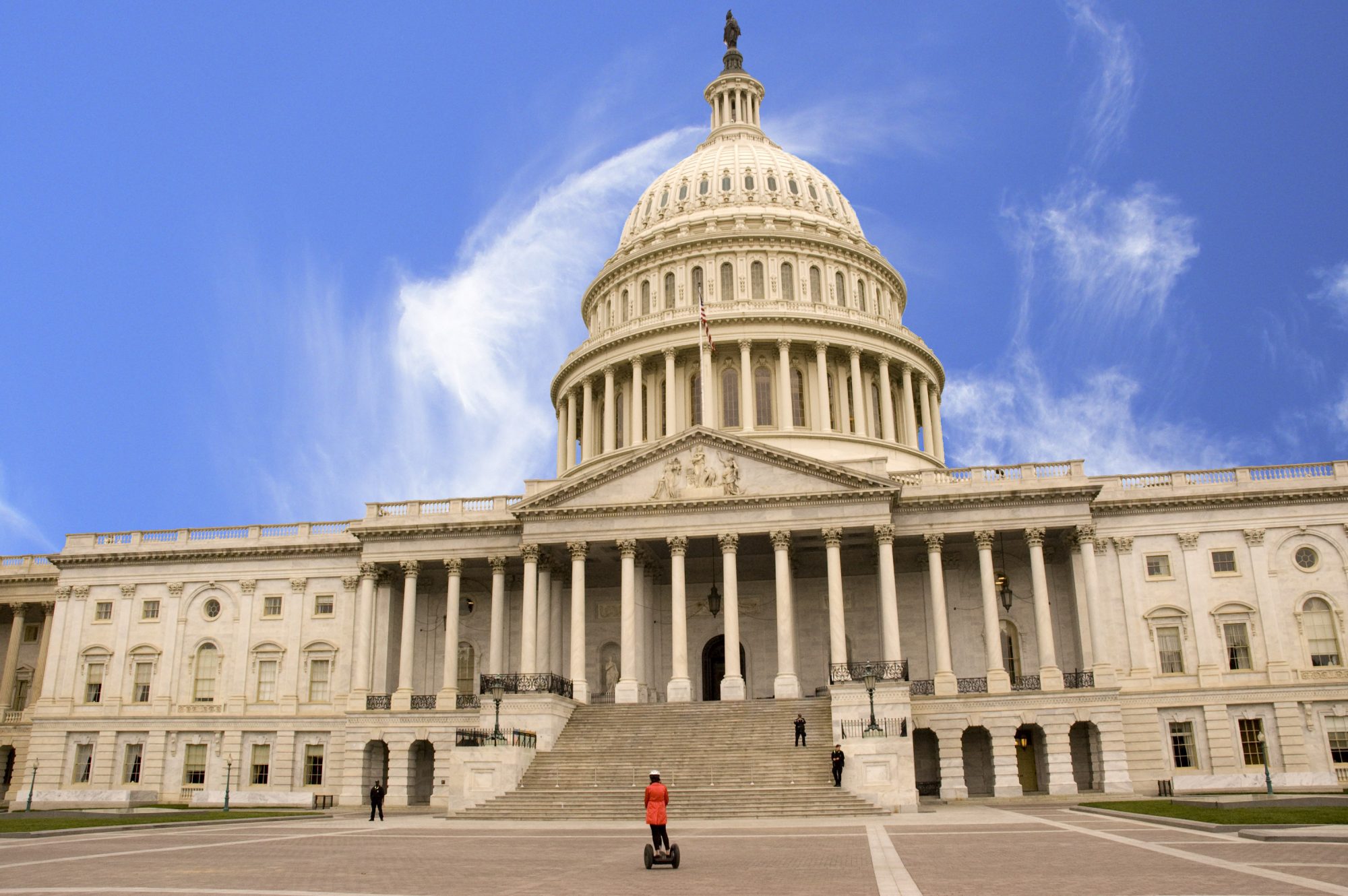Views expressed in opinion columns are the author’s own.
It would almost be funny to try to list all of the deranged, racist conspiracy theories that freshman Rep. Marjorie Taylor Greene (R-Ga.) believes in if they weren’t the same ones that led to the Jan. 6 insurrection at the Capitol. Let’s try to stick to the scandals that plagued this week, and for the moment, forget all of the other ill-conceived conspiracies that Greene promoted long before this year.
There was footage of Greene calling David Hogg, a survivor of the Parkland, Florida, shooting, a “coward” as he calmly walked away. Oh, and who could forget about Greene liking Facebook comments advocating for the execution of House Speaker Nancy Pelosi? Let’s not leave out my personal favorite: a 2018 Facebook post from Greene which insinuated that Jewish people used “space solar generators” to start a deadly wildfire in California.
In a democracy, it’s crucial to have diversity of thought, but only when that thought is based in reality. For politicians like Greene and former President Donald Trump, reality doesn’t matter when you and your constituents share political positions that are based on misinformation. If nothing happens to people like Greene, already decaying political parties become one step closer to losing any respect or credibility they once had — and to dying out all together.
Viruses can’t survive for long without a host, and politicians operate the same way: No matter where they align on the political spectrum, they can’t exist without their constituents. It’s easy to criticize the bullshit people like Greene believe in when I have a congressional representative who is well-informed and more or less shares my political opinions. Greene’s constituents (at least the ones that voted for her) could like her just as much as I like my own representative. At the end of the day, Greene represents people whose views likely align with hers.
I have family members who believe in some of the QAnon-based theories that Greene aligns herself with. I wish I had some sort of hot take on why they buy into these beliefs. Are their freedoms threatened? Is their white fragility at stake? Are they “economically anxious?” Are they ill-informed? Just ignorant? I don’t know. What I do know is that without immediate action, the combination of racism, fear and whatever else fuels these dangerous conspiracies won’t be going away anytime soon. By allowing politicians like Greene to spread this rhetoric unpunished, we allow the views of their constituents to gain relative legitimacy in our society.
In less than a month, Marjorie Taylor Greene has offended so many groups of people that you’d think she’d already be out of office. Both Republicans and Democrats have issued statements condemning Greene’s behavior. Yet, despite the swarm of scandals Greene has weathered in just this past week, the congresswoman remains pretty much unscathed. At what point is it more beneficial for politicians to hide behind party unity than to take punitive action against objectively offensive and horrific members of their own tribe? Something’s got to give.
But it’s hard to know what exactly will cause politicians like Greene to be pushed out of the political spotlight. Trump proved that you can promote lies, baseless claims and dangerous conspiracy theories and still ascend to the highest office in the land. Marjorie Taylor Greene didn’t appear out of thin air, and no matter what Congressional Republicans decide to do with her, people like her aren’t going to evaporate. But by taking action now, we can minimize the effect she has on our democracy.
Marjorie Taylor Greene represents a new and growing breed of politician who doesn’t care if her political positions are based in conspiracy or falsehoods. This new kind of politician owns it, and not only avoids punishment for propagating incorrect information but reaps the rewards of a system that isn’t designed to handle a purposely ill-informed opposition. While American democracy wasn’t founded in the digital age, it needs to adjust to the evils of conspiracy and misinformation sooner rather than later. If it doesn’t, I’m worried about its chances at survival.
Maya Rosenberg is a junior journalism and public policy major. She can be reached at maya.b.rosenberg@gmail.com.



